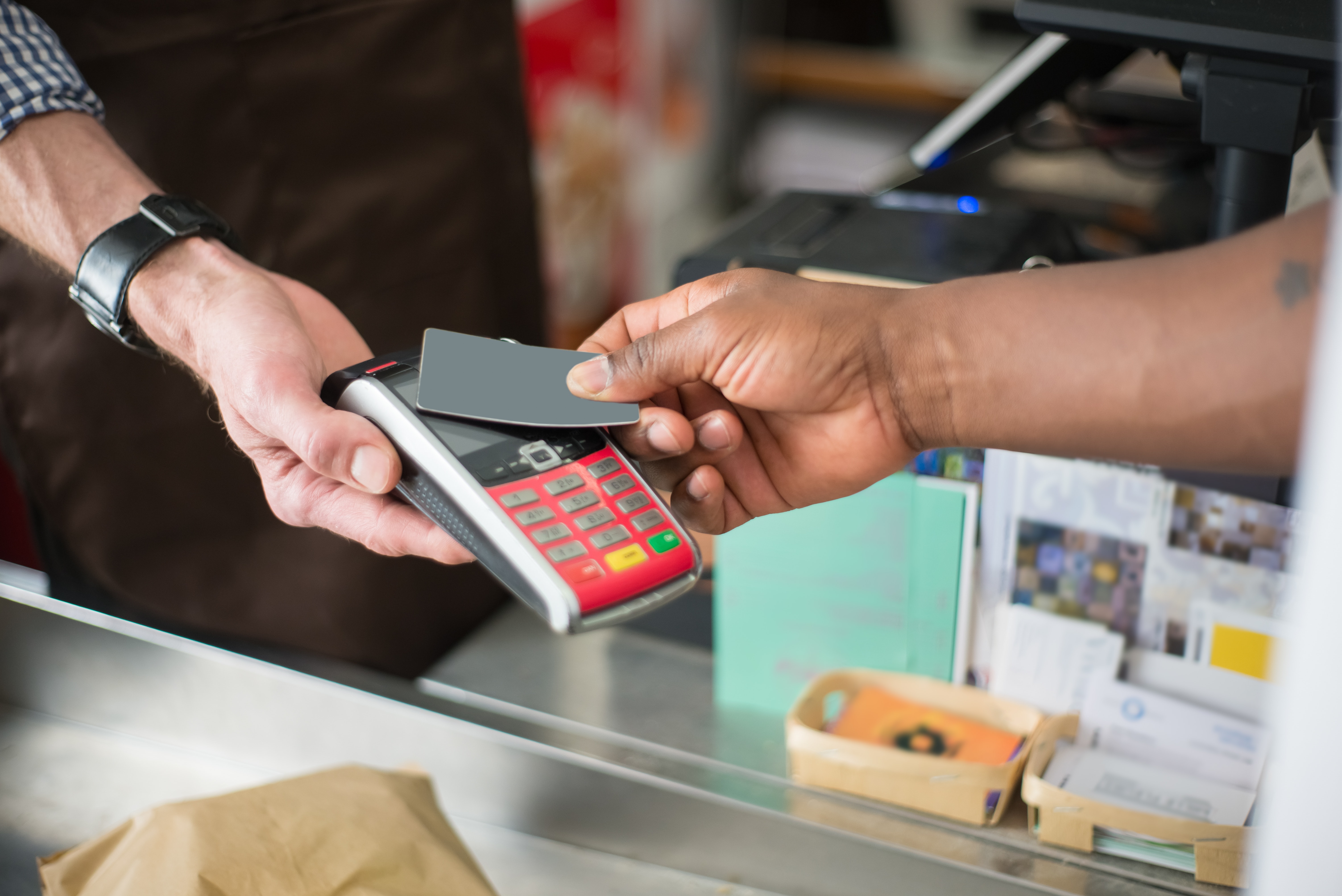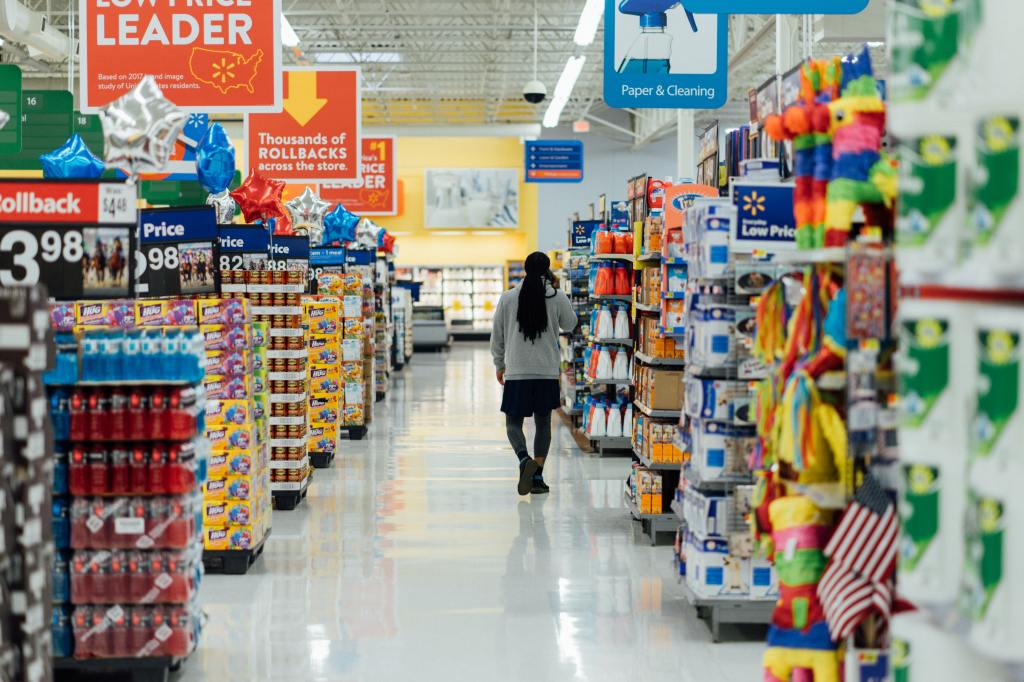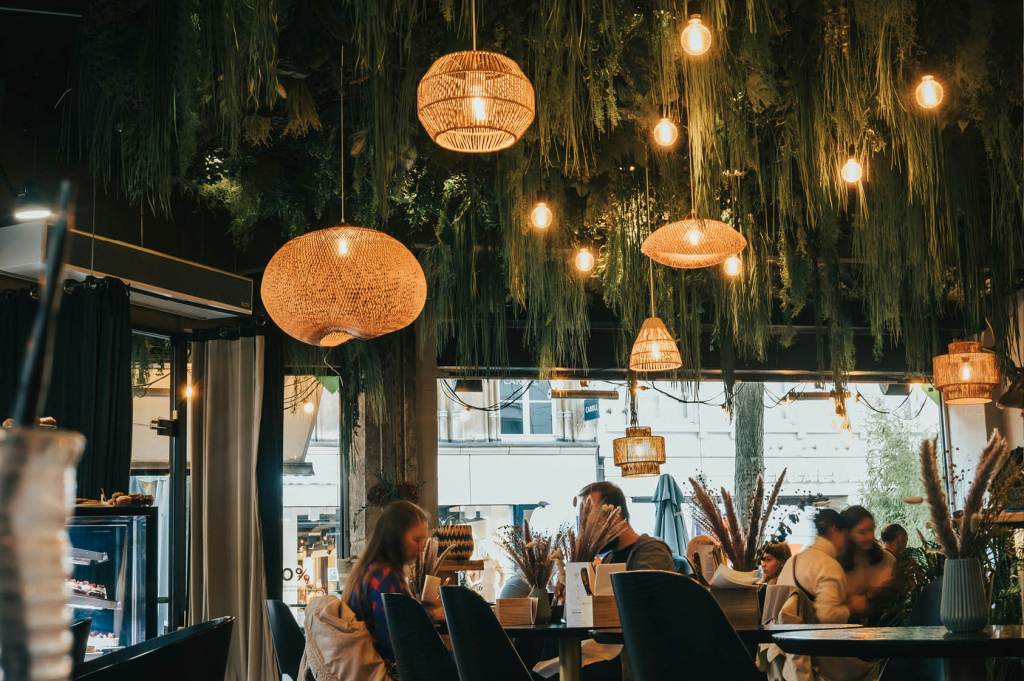What Is a Slotting Fee?
A slotting fee, sometimes called a slotting allowance or shelving fee, is a fee that retailers charge for your products to be on their shelves. Slotting fees can vary greatly based of a few factors. These include the type of product, manufacturer, relationship with the retailer, market conditions, number of stores and more.
In general, the initial slotting fee for a new product is around $250-$1,000 per item per store. This can add up quickly, so smaller launches can be approximately $25,000 per item in a regional cluster of stores, or even be as high as $250,000 in high-demand markets.
This means that you don’t just need to convince a retailer to carry your product during a retailer pitch meeting, you also need to be able to cover the upfront slotting fee. This can be tough for small businesses that don’t have a lot of capital.
What Is the Point of Slotting Fees?
For a manufacturer, it may seem crazy to have to pay for the chance to sell products. Aren’t the retailers getting paid twice? Possibly, but that’s only if your products sell. If your products don’t resonate with customers, they’ll take up valuable shelf space that the retailer could be using to move more products. Slotting fees help mitigate those potential losses.
In fact, according to the FTC, 80% to 90% of all new products fail. If a retailer didn’t charge a slotting fee, they would take the brunt of these losses. So, slotting fees are a valid way of ensuring retailers survive when products fail. If they didn’t, you wouldn’t have the shelves to sell your products on.
How Can You Limit Slotting Fees?
This is probably the most important question for an emerging or growth CPG manufacturer. Luckily, slotting fees aren’t set in stone and there are a few ways to avoid getting overwhelmed by them when launching new products or in new markets.
Here are a few ways to limit slotting fees:
1. Create a Stellar Pitch Deck
One of the easiest ways you can lower potential slotting fees is to impress retailers in your pitch meetings. If you can show you run a professional and successful business, retailers will have more faith in your products. Try to create a clean and convincing CPG Pitch deck that is informative and persuasive. Try to include things like the top CPG trends for small businesses in 2022 and how your products fit in. Match that with a confident presentation, and you can build your relationship and lower your costs.
2. Invest In Data
Going hand-in-hand with a good pitch deck, accurate retail data can make all the difference with retailers. Are you outgrowing your competition? Do you know which markets are on the rise and which ones are on the downtrend? If you do, you can convince retailers of the added value your products can bring to their inventory and pay lower slotting fees since they won’t be as worried about stocking the wrong items. The best way to do this is to invest in retail data analytics that can help you better understand consumer buying patterns. That’s what we do at Byzzer. With millions of data points at our fingertips, we can provide you with easy-to-understand reports highlighting your successes and challenges with ease. And, if you are ready to invest, you can set up a free account and get access to 1 category, 1 free weekly email alert, and 3 free reports.
3. Grow Your Relationships
Business is just a relationship between businesses. The stronger the relationship, the more trust, and support you’ll get. If you invest time and energy in building respect and trust with your retailers, you’re more likely to get lower slotting fees with each new product you introduce. Don’t be afraid to reach out to the retailer with questions and always be willing to help out when needed. You’d be amazed at how many major deals are the result of an off-the-books conversation between two people. A little respect and friendliness goes a long way.
4. Go Through a Broker
Sometimes your brand just isn’t well-known enough to convince a retailer that you deserve to pay a lower slotting fee. If this is the case, it may be beneficial to go through a broker instead. These third-party companies will negotiate with the retailer on your behalf and are often able to lower the fees you’ll have to pay. They do this by putting their own reputation on the line, so expect to pay for their services and understand that you can damage this relationship if your products don’t do well. Make sure to maintain good communication and be honest when you run into issues.

Always a Fee, Never Free
Slotting fees are an ever-present part of selling products in retail. However, they don’t have to be major drains on your bank account. By growing relationships and accruing data, you can keep them in check.
With Byzzer’s reporting solutions, you can have all the data you need at your fingertips. Reach out to our team, so we can help you build a customized paid plan with Byzzer, so you can have this data and much more available for any need that may come up. That’s the power of NielsenIQ.
Ready to take the next steps?




